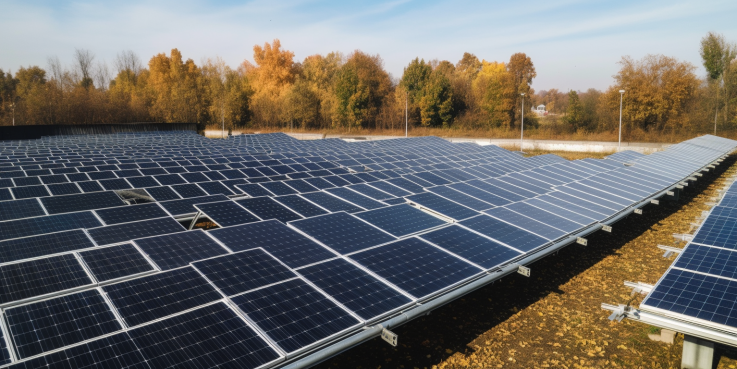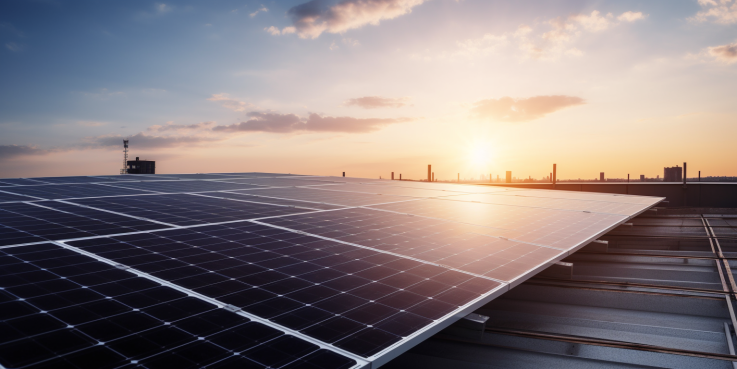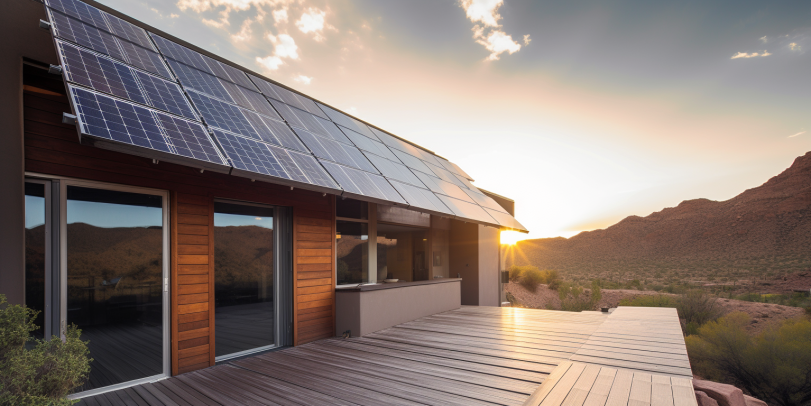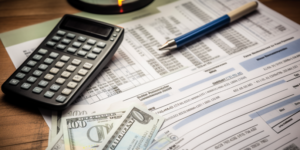
In today’s ever-changing world, the importance of sustainable energy sources cannot be overstated. Solar panels have emerged as a promising solution, offering a multitude of benefits that can be maximized with careful consideration and strategic financing.
These panels not only provide substantial energy savings but also contribute to the reduction of carbon emissions, making them a vital component in the fight against climate change. However, the effectiveness of solar panels varies depending on numerous factors, such as location, home design, and local solar market conditions.
This article delves into the factors that influence the performance of solar panels and explores the various financing options available to homeowners. By understanding these factors and making informed decisions, individuals can harness the full potential of solar panels, both financially and environmentally.
So, let us embark on this journey of maximizing the benefits of solar panels, unlocking their true potential for a brighter and more sustainable future.
Key Takeaways
- Factors that impact the long-term benefits of solar panels include location, home design, and the local solar market.
- Factors to consider when determining if solar panels are worth it include energy consumption, energy rates, and local solar incentives.
- Ways to save money on solar panel systems include taking advantage of solar incentives, credits, and rebates, as well as the federal solar tax credit and net-metering programs.
- Maximizing return on investment can be achieved by selecting the right financing options and taking advantage of tax credits.
Factors Affecting Performance
Several factors can impact the performance of solar panels, including the availability of ample sunlight, the absence of obstructions that could cast shadows on the panels, and the design and angle of the roof.
The amount of sunlight received by the panels directly affects their efficiency in converting solar energy into electricity. Therefore, it is crucial for solar panels to be installed in locations with high sun exposure.
Additionally, any obstructions such as tall buildings or trees that cast shadows on the panels can significantly reduce their energy output.
Furthermore, the design and angle of the roof play a vital role in maximizing solar panel performance. Ideally, the roof should have a suitable angle and orientation to optimize sunlight absorption.
Lastly, weather conditions such as extreme heat or cold can also impact the efficiency of solar panels, highlighting the need for proper installation and maintenance.

Financing and Cost
Numerous aspects must be taken into account in order to fully exploit the advantages of solar panels, including the financial implications and the costs associated with their installation.
Solar panel pricing has significantly decreased over the past decade, making them more accessible to homeowners. The average cost of a solar panel system is around $20,000, but this can vary based on factors such as the installation company, selected equipment and panels, energy needs, and the size of the local solar market.
Despite the upfront investment, solar panels can lead to long-term savings. Homeowners can benefit from reduced energy consumption and lower electricity rates, resulting in decreased monthly bills. Additionally, solar incentives, credits, and rebates, as well as the federal solar tax credit and net-metering programs, can further contribute to cost savings and make solar panel systems financially viable.

Suitability for Different Situations
Different situations warrant careful consideration of the suitability of solar panels, taking into account factors such as energy needs, electricity rates, and local weather conditions. Factors impacting solar panel suitability include the amount of energy consumed by a household, as well as the cost of electricity in the area.
Solar panels are most beneficial for residents with high energy needs and expensive electricity rates, as they can help offset the costs of traditional energy sources. Additionally, the local weather conditions play a significant role in determining the effectiveness of solar panels. Ideal scenarios for solar panel installation include areas with ample sunlight and minimal obstructions casting shadows on the panels.
It is important to assess these factors before deciding on the installation of solar panels to ensure maximum benefits and return on investment.

